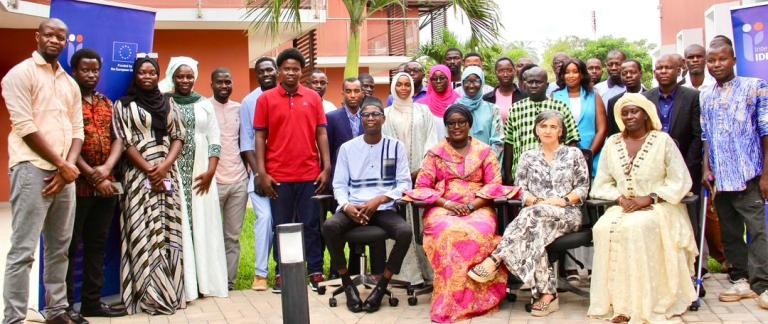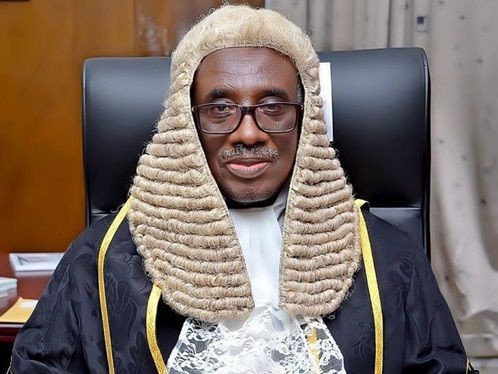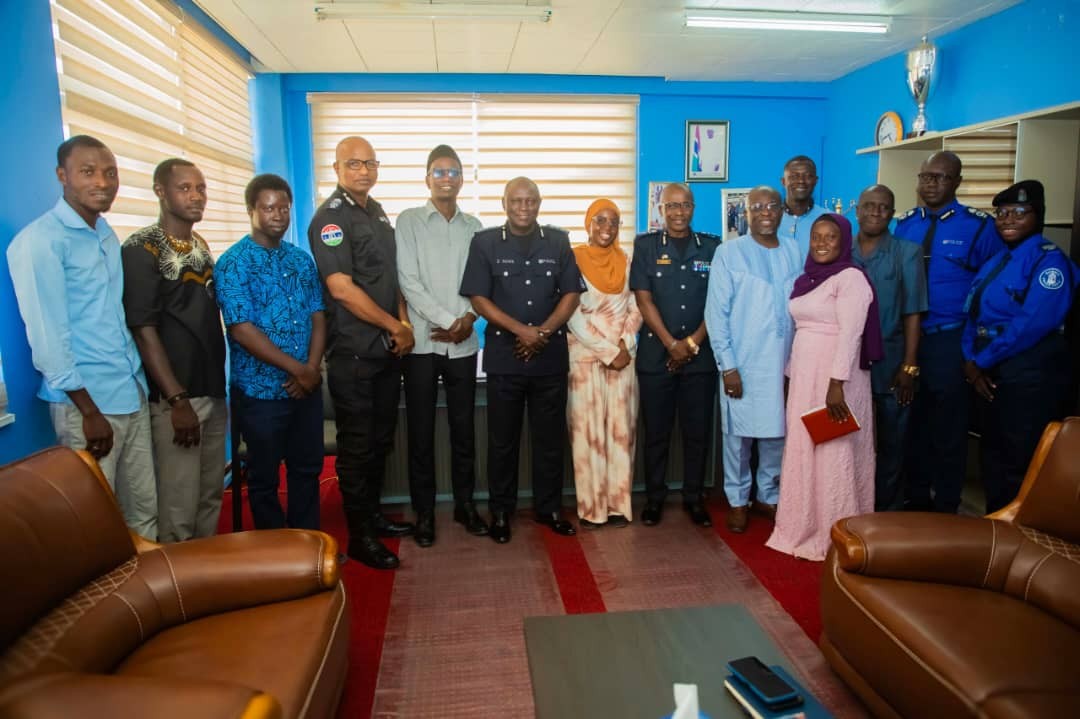The Gambia Press Union (GPU) and International IDEA together with the European Union and media stakeholders have validated the revised Journalism Charter.
The two-day media stakeholders engagement was held at a local hotel in Kotu.
The head of International IDEA Gambia office, Jainaba Faye, applauded the Gambia Press Union (GPU) for inserting provisions such as hate speech in the revised journalism charter known as Cherno Jallow Charter, named after a veteran Gambian journalist, Cherno Jallow.
She describes such initiative as a timely intervention in stabilizing The Gambia’s political discord.
Mrs Faye explained that the country recently experienced hate speech from politicians, which made it necessary for such provisions to be inserted in the Journalism Charter to help in shaping Gambian media.
She stressed that hate speech has posed a danger to the media, adding that it also unravels the very fabric of national unity with its power to mislead, inflame, and destabilize a country.
Mrs Faye argues that the antidote lies in the values of journalists’ rigour, verification, transparency and ethical storytelling, urging journalists to be equipped to report with fairness and resist inflammatory rhetoric and promote dialogue over division.
She maintained that prioritizing sensitive and respectful reporting, journalists ought to ensure that the voices of persons with disabilities are heard and their rights upheld, noting that inclusive reporting does not only change the narratives, but it also changes lives.
Mrs Faye states that as technology is evolving, artificial intelligence presents both opportunities and risks for journalism, explaining that recent times there are Al-generated images with deep and algorithmic biases.
Sheriff Saidykhan, the vice president of GPU, in his statement, said the Cherno Jallow Charter was developed to enhance public trust in the media.
He explained that the charter would empower journalists to navigate through the Criminal Code which according to him continues to stifle press freedom, adding that it will promote media professionalism in The Gambia.
He thanked the European Union, International IDEA and UNESCO for their collaboration and support of the review and validation process of the Cherno Jallow Charter for ethics in Gambia journalism.
Fatou Njie, a representative of the Secretary General of the Gambia National Commission for UNESCO (NATCOM), said the Charter provides “exactly a living framework” that guides journalists towards responsibility, fairness, accuracy, and public trust.
She urged every practitioner, seasoned editor or aspiring reporter to uphold the values that distinguish journalism from rumour, advocacy from manipulation, and truth from convenience.
Mrs Njie states that a true value of the Cherno Jallow Charter does not lie on beautiful statements, but in how faithfully it is followed.
“As media institutions, regulatory bodies, and training institutions, our challenge is to embed this code into our day-to-day reporting, editorial policies, and newsroom cultures,” she said.
She pleaded with the media to give room for the Charter to be a professional contract for ethical journalism and a reminder that journalism is not merely a career; but a public service.






